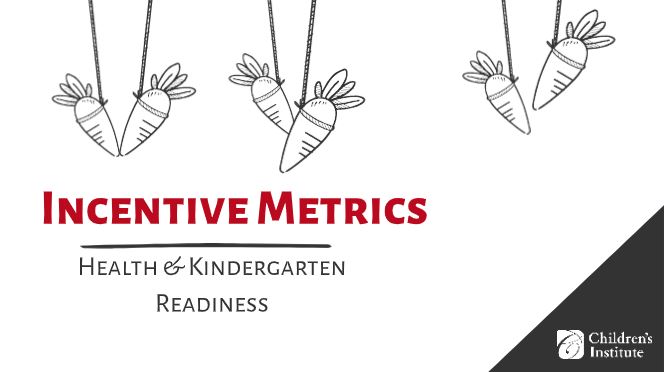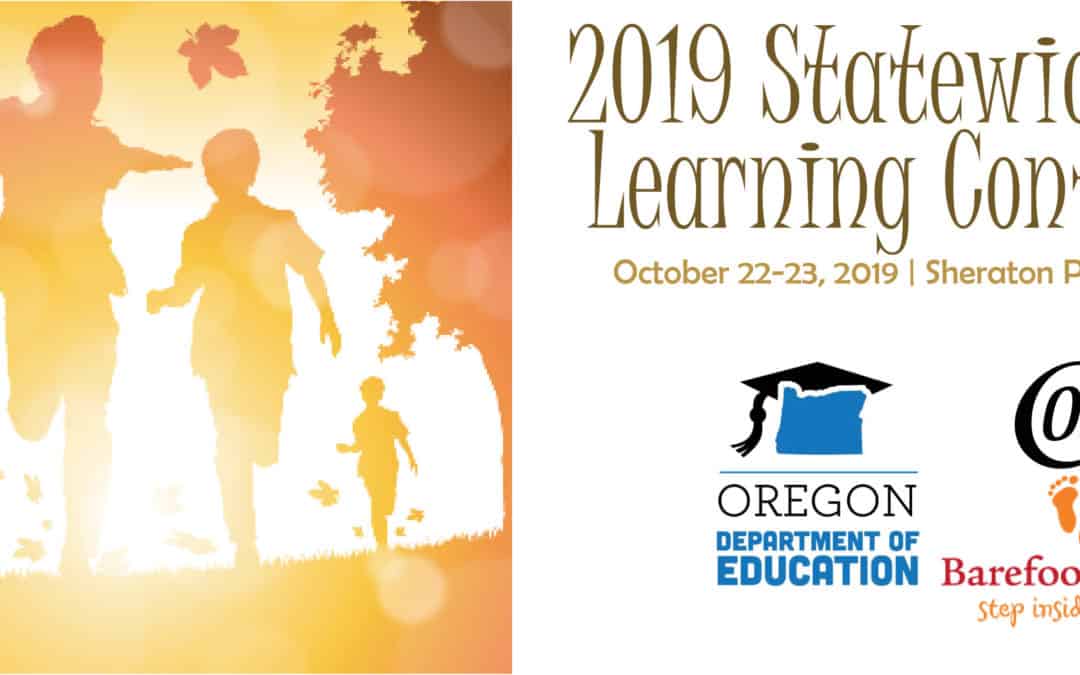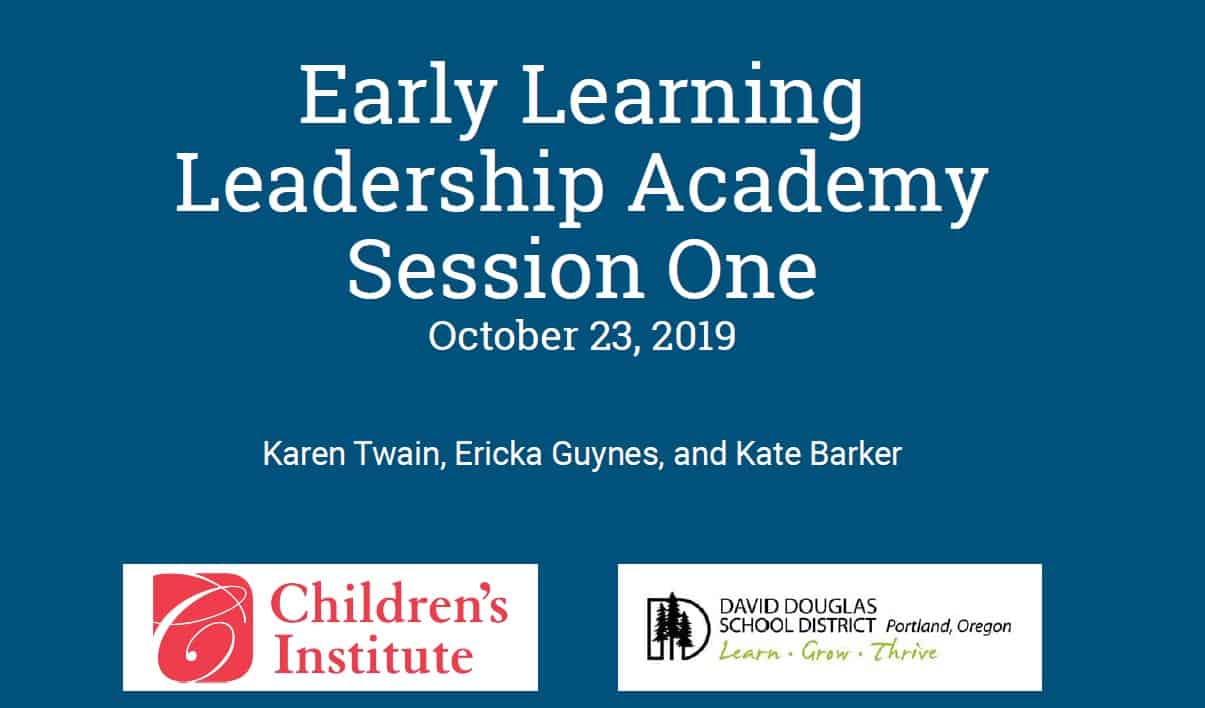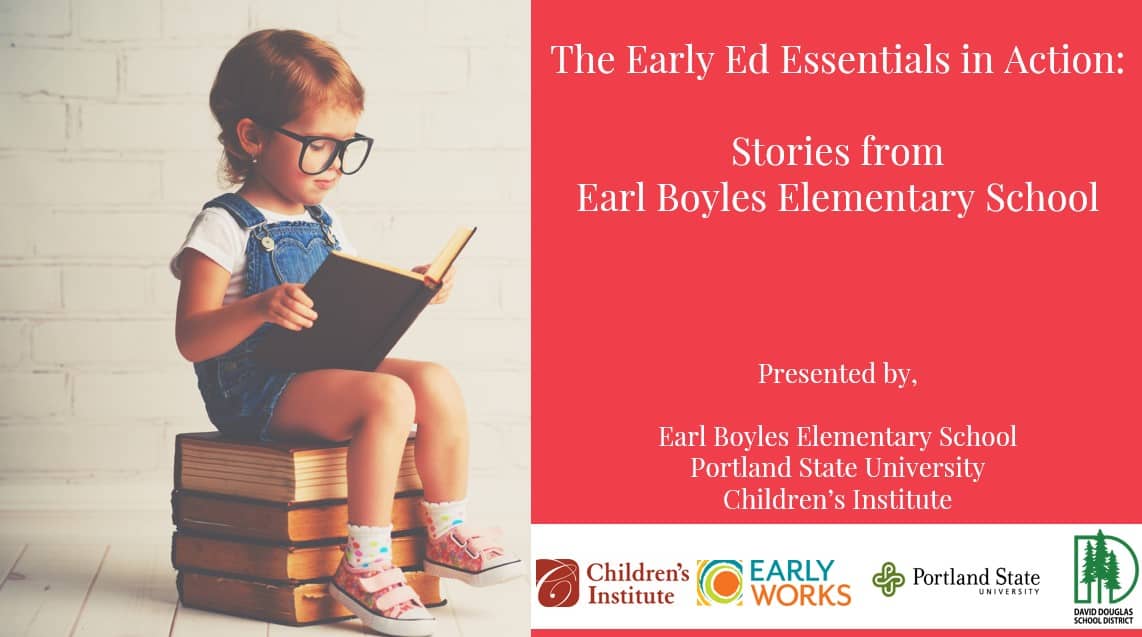
2020 Presidential Candidates on Child Care and Preschool
UPDATE: Bernie Sanders has released a more detailed plan for early care and education since this post was originally published January 22. The link to that plan is here.
Wondering about the 2020 Democratic presidential candidates’ plans for early care and education? So were we!
Oregon’s Early Learning Division reports that 19 percent of Oregon’s investment in early care and education comes from federal resources, which underscores the potential impact of a president’s plans on the 236,000 children in Oregon under 5. And though public policies that affect young children and families cut across a broad range of categories, including health, housing, and immigration to name just a few, this comparison focuses on child care and preschool access.
We’ve also narrowed the field to the six candidates who are polling above 3 percent nationally and who have expressed substantive views on early care and education.
Michael Bloomberg, who announced his candidacy in November, doesn’t have enough publicly available information on his plans for early childhood care and education for us to include here, though his website does include a section on maternal health, a focus of his philanthropic work. The candidate websites of Michael Bennett, John Delaney, Tulsi Gabbard, Deval Patrick, and Tom Steyer, are linked here as well. Bennett, a former school superintendent from Colorado, and Delaney, a Maryland congressman, have the most to say on early childhood-related topics of the candidates polling below 3 percent.
Following is a summary comparison of the six remaining candidates: Joe Biden, Pete Buttigieg, Amy Klobuchar, Bernie Sanders, Elizabeth Warren and Andrew Yang. Keep scrolling to the end for a list of additional coverage and resources if you’d like to learn more. The Democratic primary calendar begins with the Iowa caucuses on February 3. Oregon’s primary is scheduled for May 19, with just four states, the District of Columbia and the U.S. Virgin Islands voting after that date.
Joe Biden: A Focus on Social Emotional Health
Universal PreK? Yes for all
Child Care: Supports tripling the child care tax credit to $8000 and limiting household out-of pocket spending on child care to 10 percent of income.
Highlights:
We’ve got to invest in every child— regardless of zip code or race or parents’ income. In a Biden Administration, we’ll provide high-quality, universal pre-K for all three- and four-year-olds to ensure every kid gets a fair shot.
- Increase in spending on special education and mental health supports.
- Include an early childhood development expert in community health centers and pediatricians’ offices with a high percentage of Medicaid and CHIP participants.
- Double funding for home visiting programs, and double the number of psychologists, guidance counselors, nurses, social workers, and other health professionals in schools.
More at: https://joebiden.com/education/
We will make crucial improvements to early childhood learning so all students are prepared for kindergarten, and resource our K–12 teachers and schools to ensure students can learn and succeed regardless of their family income or zip code.
Pete Buttigieg: Explicit on Equity
Universal PreK? Yes for low-income families.
Child Care: Proposes a $700 billion investment to provide child care for children from birth to 5. Supports a cap on cost to families for early care and education to no more than 7 percent of income.
Highlights:
- Supports a mixed-delivery child care provider system, home visiting programs, and dual language curriculum in early education.
- Wants to “appoint federal leadership” that works to coordinate early childhood supports. Supports expansion of Head Start into a full-time program.
- Invest $2 billion per year in early childhood workforce development and loan forgiveness for early childhood educators, and expand research on child development by providing $5 billion to the National Institutes of Health.
- Buttigieg is one of the only candidates to explicitly mention equity in the early learning system, including the proposed creation of a $10 billion equity fund to support, test, and scale new practices and innovative policies.
Amy Klobuchar: Working Families & Wage Parity
Universal PreK? Yes for low-income families.
Child Care: Create a paid family leave program to provide 12 weeks of paid leave per year to care for a new child or other serious health need. Co-sponsor of the Child Care for Working Families Act. Proposes cap on child care spending to 7 percent of income for families making up to 150 percent of their state’s median income through a new federal-state partnership.
Highlights:
- Provide grants to Head Start and Early Head Start to provide full-day, year-round programming.
- Increase the availability of child care through competitive grants to states to support the training and retention of child care workers and to build, renovate, or expand child care facilities in areas with shortages.
- Require wage parity for early childhood educators who have comparable credentials with their elementary school peers.
- Increase the corporate tax rate one additional point to 28 percent and tighten corporate tax loopholes to pay for cost of her plan.
More at: https://amyklobuchar.com/child-care-and-paid-family-leave/
Bernie Sanders: Universal Care for All
Universal PreK? Yes for all.
Child Care: Sanders, who once worked as a Head Start teacher, sponsored legislation in 2011 to provide universal care and early education for children from six weeks old through kindergarten. The Foundations for Success Act did not make it through Congress. He also co-sponsored the Child Care for Working Families Act.
Highlights: A tax on Wall Street speculation would pay for universal preschool and “educational supportive” programs.
More at: https://feelthebern.org/bernie-sanders-on-children/
Elizabeth Warren: Specific and Detailed
Universal PreK? Yes, for families earning less than 200 percent of the federal poverty line.
Child Care: A co-sponsor of the Child Care for Working Families Act, Warren has also introduced her own plan, the Universal Child Care and Early Learning Plan. Offers a calculator on her website for families to estimate the savings they would receive under that plan. Supports a cap on child care costs at 7 percent of income.
Highlights:
- Warren touts her plan for early care and education as the centerpiece of her campaign. She supports a federally subsidized, mixed-delivery provider system.
- Care settings would be locally controlled, but operate under national quality standards.
- To pay for her Universal Child Care and Early Learning Plan, she proposes an “ultra-millionaire tax” on households with a net worth of more than $50 million. Warren estimates the tax would generate $2.75 trillion dollars, more than four times the cost of her proposed early care and education plan.
More at: elizabethwarren.com
Being a parent is the toughest job on the planet, even with a partner and strong extended family to rely on. It’s even tougher for the 13.6 million single parents out there, most of them mothers… We should be doing more to help them and the approximately 21 million children being raised in single-parent households.
Andrew Yang: Prioritize Single Parents
Universal PreK? Yes. Says he will increase federal funding for preschool programs.
Child Care: In addition to his signature proposal to offer a universal basic income of $1000 a month for all adults, his campaign website says he would provide tax breaks for child care services.
Highlights:
- Supports the creation of “responsibility networks” that allow single parents to work with each other for child care and other responsibilities.
- Invest in communal housing specifically for single parents to be able to pool resources and caregiving.
- Provide loan forgiveness for education majors who volunteer at places that provide pre-K education.
More at: https://www.yang2020.com/policies/early-childhood-education/
Sources and Additional Reading
Who’s in for Universal PreK [Washington Post]
Vox asked Democratic candidates how they’d fix child care
New America’s Policy Reports on Child Care and Universal PreK
The State of Child Care in Oregon





